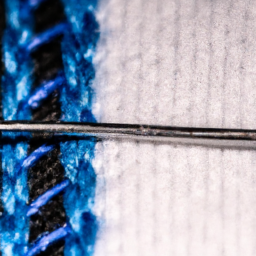
Will a Stitch Eventually Fall Out?
The Intricacies of Stitches and Their Healing Process
Stitches, also known as sutures, are medical procedures used to close wounds or incisions. They play a crucial role in aiding the healing process and ensuring proper wound closure. But have you ever wondered whether a stitch will eventually fall out?
The answer to this question is, yes, stitches do eventually fall out on their own. However, the timing may vary depending on several factors, including the type of sutures used and the location of the wound.
Types of Sutures
There are different types of sutures commonly used in medical practice. These include:
- Dissolvable sutures: These sutures, made from materials such as catgut or polyglycolic acid, are designed to break down and get absorbed by the body over time. They do not generally require removal as they naturally dissolve.
- Non-dissolvable sutures: Made from materials like silk, nylon, or polypropylene, these sutures do not dissolve on their own and require manual removal by a medical professional once the wound has healed.
Factors Affecting Stitch Removal
Several factors can influence when a stitch will fall out or need to be removed:
- Type of sutures used: Dissolvable sutures will naturally disintegrate and be absorbed by the body, whereas non-dissolvable sutures require removal.
- Location of the wound: Stitches in high mobility areas, such as joints, may be removed earlier to prevent complications or stress to the wound, while others may be left in longer.
- Healing progress: If a wound heals quickly and shows no signs of infection, the stitches may be removed earlier. However, if there are any complications, they may stay in place for a longer duration.
Stitch Removal Process
When non-dissolvable sutures need to be removed, it is a relatively simple process performed by a medical professional. After the wound has healed sufficiently, the doctor or nurse will carefully cut and pull out each individual suture.
It is important to adhere to the healthcare provider’s instructions regarding stitch removal to ensure proper wound healing and prevent any further complications.
Conclusion
In summary, stitches eventually fall out or are manually removed depending on the type of sutures used, location of the wound, and the healing progress. Whether your stitches dissolve on their own or require removal, it is essential to follow the guidance of your healthcare provider to facilitate proper wound healing and minimize the risk of infection.
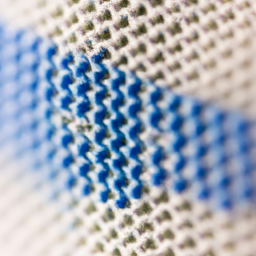
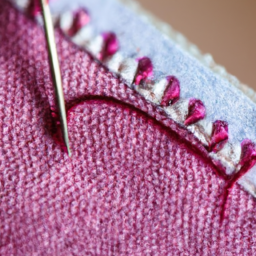
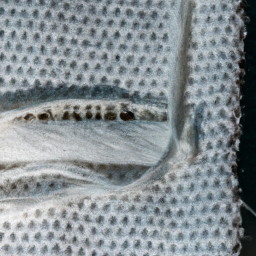
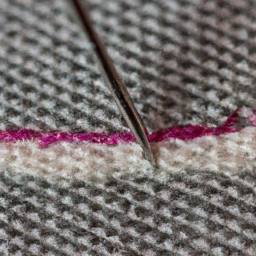
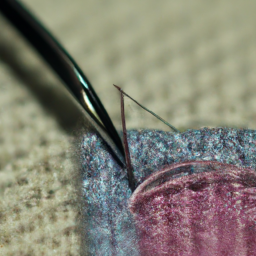
Great question!
Sammy Swift: Definitely an interesting one!
@Aditya Worthy and @Sammy Swift have a point: this sounds like an intriguing query! It brings to light how material properties may affect the lifespan of a stitch, and considering the implications of this could be fascinating.
Great question! Sammy Swift: Definitely an interesting one!
@Aditya Worthy and @Sammy Swift have a point: this sounds like an intriguing query! It definitely raises interesting questions about how even a small item like a stitch can be affected by time and its environment, and thinking about the answers could make for an enlightening exploration.